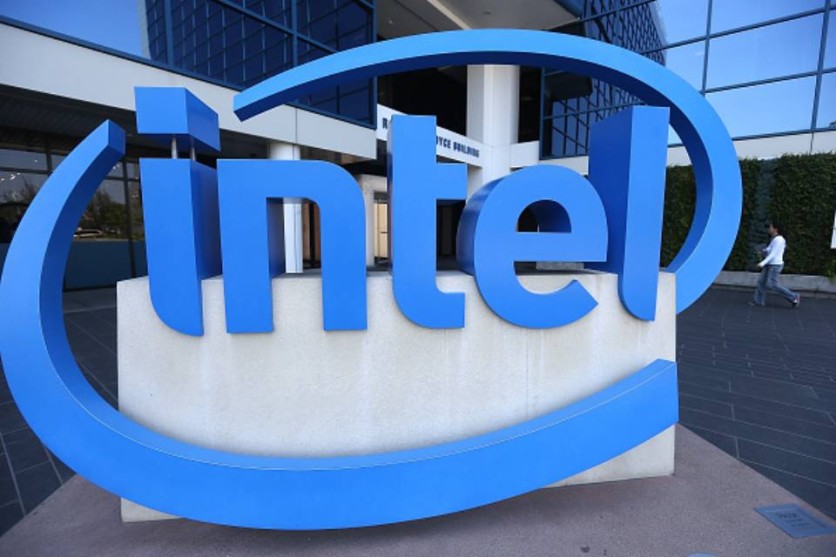Intel seems like it's looking towards the future of their processors with a recent update on some of its older chips.

According to WCCFTech, Intel released a microcode update that disables TSX (Transactional Synchronized Extensions) on a handful of their older CPU architectures. Among these, however, Skylake and Coffee Lake processors are the most affected. Kaby Lake and Whiskey Lake chips are also on the TSX chopping block.
Aside from disabling TSX, Team Blue is also notably ending support for real-time monitoring (RTM) functions on the host of affected CPUs. What this means is that the owners of the chips won't be able to track information about RAM, CPU, disk, and even RAID in real-time.
The information comes from a post on the Intel developer website, where they detailed the reason for disabling the functionality. Apparently, the microcode update was released in the name of improving overall security.
With the microcode update, Intel is joining the likes of Microsoft in the reinvigoration of the focus on improving hardware security. It's worth noting that the latter is also doing something like this with the system requirements for Windows 11, where they require very specific hardware upgrades also in the name of security.
Intel Disabling TSX: Why Should You Care?
To the uninitiated, TSX doesn't sound like anything you should be worried about. In fact, the explanation provided by Intel themselves on the blog that announced the deactivation on TSX is so full of technical jargon. So, let's try to simplify it a bit.
Suppose you're running a Skylake (6th gen), Kaby Lake (7th gen), Coffee Lake (8th gen), or Whiskey Lake (for low-powered, basic usage laptops) processor inside your computer. In that case, you have a certain hardware-based advantage that maximizes your chip's overall performance. TSX's main goal is to speed up the processor when performing certain multi-threaded workloads. As such, Intel disabling the feature could see a performance dip when running specific applications, according to Tom's Hardware.
If you're not running any hardware-intensive, modern workstation applications, you're probably going to be fine. This means that if you mostly play games on the affected processors, you won't be experiencing any major hiccups. That is unless the game actually makes use of TSX, which is a very rare occasion in itself.
Looking Forward to the Future
Intel wants to move on from being on the receiving end of jokes due to AMD Ryzen's recent dominance. Their recent decision to disable TSX on some of their older CPU architectures could mean that a big change in their current direction is on the horizon. While the performance of chips could suffer, users can still benefit from overall security improvements either way. For now, Team Blue is looking to improve their production, with a $3.5 billion upgrade to their New Mexico plant reported earlier this year.
This article is owned by Tech Times
Written by RJ Pierce




